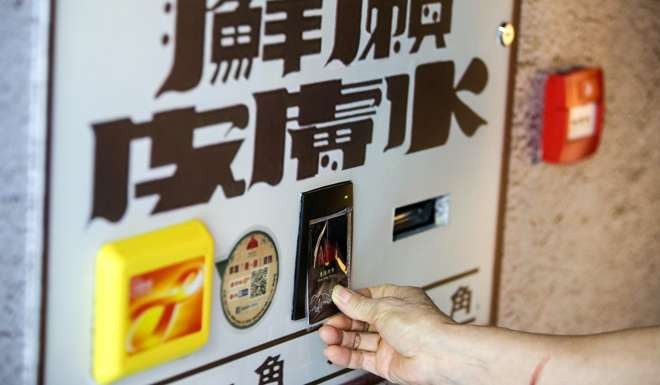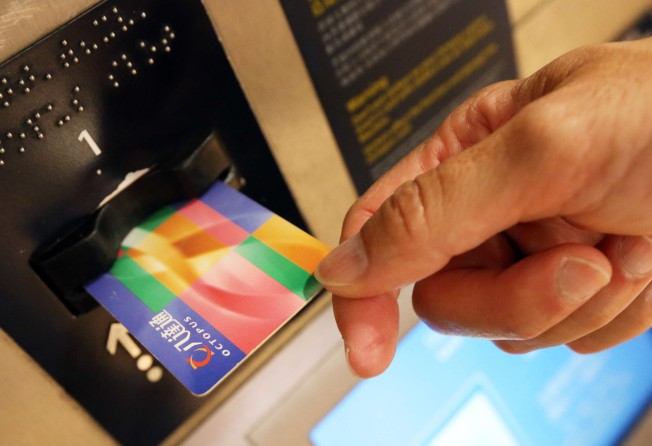
Key technology trends for retail managers in Hong Kong
Here’s how retailers can stay ahead of the digital revolution and the competition

Recently Amazon launched the world’s first no-checkout grocery store, which can detect what you take off the shelves before charging you through your smartphone. Similar game-changing technology innovations are going to transform how management teams structure their workforce.
Robotic process automation has the potential to add massive value across sectors. Circle K Europe, previously Statoil Fuel & Retail, has streamlined its finance, IT and customer service using this. The robots have changed the way the company structures and allocates work, allowing it to focus on improvement initiatives.
By automating routine tasks, employees have more time to focus on the more interesting and challenging parts of their jobs. This creates more satisfied employees and improves customer experience.
With the help of robotic process automation, retail management teams are improving customer service, reducing processing times and making themselves more attractive as employers.
Similarly, mobile payments are a tool that management can use to simplify its services, which improves both the work environment and the customer experience.
To date, Hong Kong has been slow off the mark on this front. While Apple Pay has been available here for almost six months, it has not radically changed payment habits – even though the city led the way with the Octopus card in 1997 and has 13 licences granted for e-payment services. Especially compared to mainland China, which is leading the world in this area, there is a lot of scope for expansion in Hong Kong.

A final key driver of the new retail experience will be data. Everyone has heard of big data, but it will only be the organisations that know how to use it that will flourish – and the most successful will be those that can achieve so-called “hyper-personalisation”.
By 2020, there will be 20 times more usable data than today, and industries like retail and financial services should be the first to embrace these new opportunities for customisation, transformation and an improved customer experience.
In retail banking and insurance, where customers now make a comparison with their digital experience across industries, this means providing the responsiveness and personalisation that they are used to from Facebook and Amazon. Instead of a mortgage or insurance policy that generally meets their needs, buyers want customised solutions that give them real, personal value.
Whether through robotics, payments or the ever-growing use of data, the landscape for retailers and customer-facing businesses is changing faster than ever before, and firms need to innovate to stay ahead.
Even if Hong Kong has not always been at the forefront of these changes, with the right approach 2017 could be a real leap forward.
Ravi Chhabra leads Accenture’s financial services business in Hong Kong